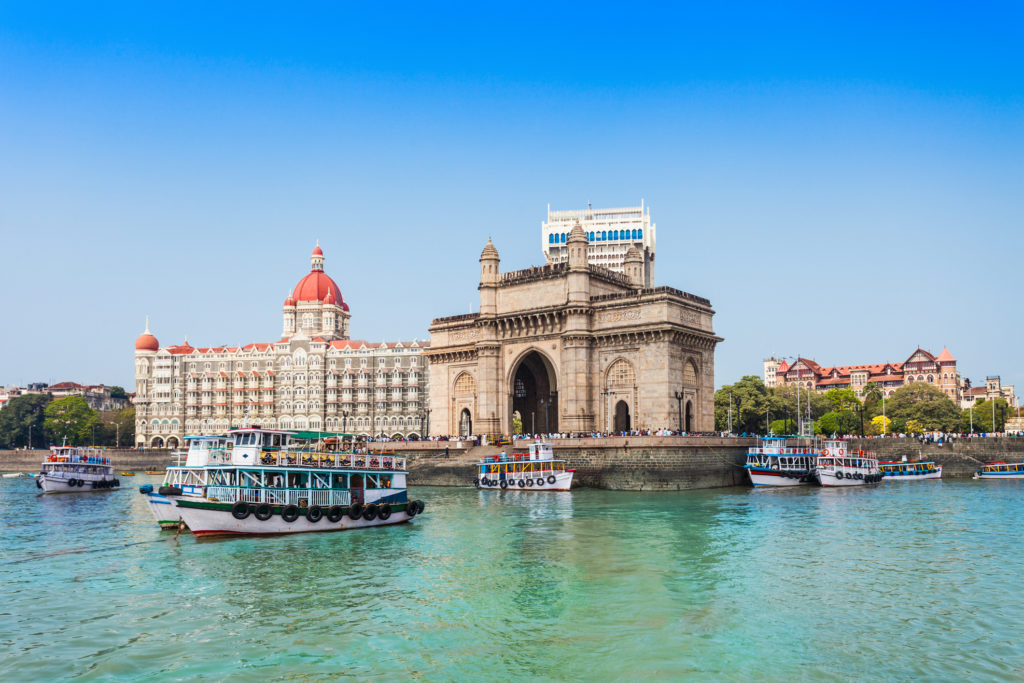South Asian Heritage Month: Dr Sid Deshmukh shares his story
From Mumbai to Sidcup: to mark South Asian Heritage Month, Dr Sid Deshmukh shares the story behind how he become a GP Lead in Bexley, why he’s proud of his heritage, and his hopes for integrated care in south east London.
Tell us a bit about yourself and the story behind how you became a GP Lead in Bexley
I was born in Mumbai and trained as a Gynaecologist in Mumbai. Mumbai is a city that never sleeps. It’s always on the move, vibrant and happening! It is multicultural, and people of all religions work together and play together.

I came to the UK in 1996 to further my education and worked as a Gynaecologist for 3 years. As a passionate musician that plays the drums, I have performed as a freelancer with many bands in the UK. In 1999, I got to know a group of GPs who also had their own band called Heart Beats. I started playing with them, and we used to talk about general practice and I found the idea of becoming a GP very attractive. I switched from Gynaecology to General Practice and have been a GP Partner in Sidcup for the last 20 years. I was always keen to work with commissioners and provide my clinical input as to how we can improve the care of patients. I have been a clinical lead in Bexley for a number of years, and I am proud of my role.
Tell us why you are proud of your South Asian heritage
For me it’s the vibrancy. I see it in all aspects of life, from arts and culture, the language, the food (and it’s much more than just a curry!) the feeling of community, the various forms of music and the fusion of lived experiences, all the way to the many ways we approach work. I like to call it the “immigrant mind-set”. It’s the idea of the hustle, to experiment and learn, to persevere towards a goal. I also get the best of both worlds here with double the number of celebrations – celebrating all the Hindu and Christian festivals!
What difference do you think integrated care and partnership working can make for local South Asian communities?
In south east London, and across the capital, there are many South Asian communities. I am proud to be one of the many people living in London with South Asian heritage (around 20% according to london.gov.uk).
South Asian Heritage Month is a moment to celebrate these vibrant communities, but also raise awareness around the health issues that some communities face. In England, and certainly in London, there are health inequalities between different communities and ethnic groups, with black and South Asian groups experiencing higher rates of infant and maternal mortality, cardiovascular disease (CVD) and diabetes.
As an Integrated Care System, we must work together to find new solutions for tackling health inequalities. I think voluntary groups, community champions and other partners across the system have an essential role to play. We must get better at reaching out to these communities and building relations, targeting the right people with the right messaging, and using community leaders to help raise awareness around different health issues. I am looking forward to contributing to these efforts and would encourage others to get involved in shaping our future system priorities.
—
Example of community outreach during the pandemic – Sobha Sharma, a Greenwich Pharmacist shares a message for the local Greenwich Nepalese community:
